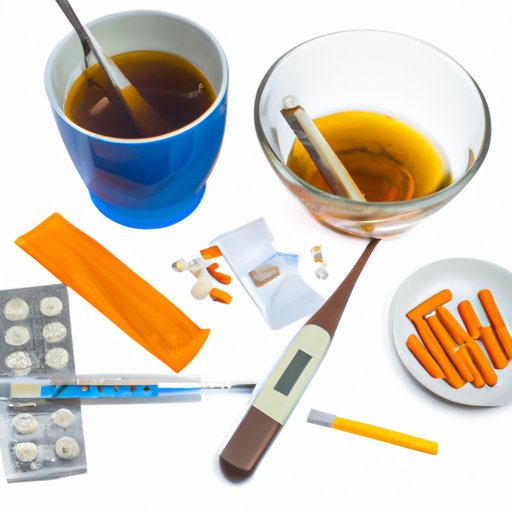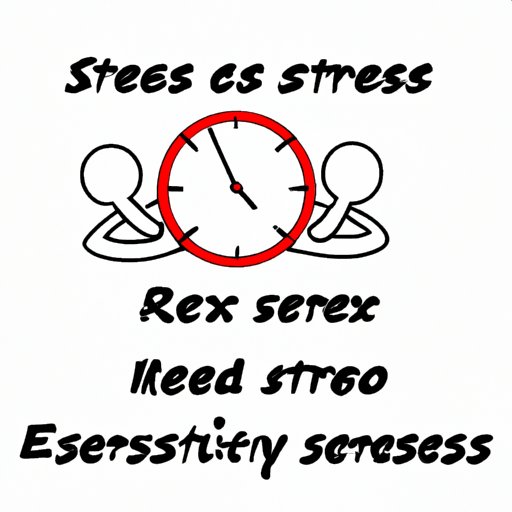
What Not to Do Before a Stress Test: Tips for Accurate Results
If you have a stress test coming up, you may be wondering what you need to do to prepare. Proper preparation is key to ensuring accurate results and getting the most out of your test. In this article, we’ll explore what not to do before a stress test. By avoiding certain activities and following our tips, you can help ensure that your test provides the information your doctor needs to make informed decisions about your health.
Avoid Consuming Caffeine Before Your Stress Test
Caffeine is a stimulant that can cause your heart rate and blood pressure to increase. This can interfere with the accuracy of your stress test by making it appear as though you’re having heart problems when you’re not. For this reason, it’s best to avoid caffeine for at least 24 hours before your test. This includes coffee, tea, soda, and energy drinks.
If you’re concerned about withdrawal headaches, talk to your doctor about gradually reducing your caffeine intake in the days leading up to your test. You can also try drinking decaf coffee or herbal tea instead.
Do Not Eat a Heavy Meal Within Two Hours Before the Test
If you eat a heavy meal right before your stress test, your body will be busy digesting the food instead of focusing on the test. This can make it harder for your doctor to get an accurate reading of your heart’s performance. Instead, eat a light meal or snack at least two hours before your test.
Good options include a small sandwich, a bowl of soup, or a salad with lean protein. You should also avoid foods that are high in fat, as they can take longer to digest and may cause discomfort during the test.

Avoid Strenuous Exercise for 24 Hours Before Your Stress Test
Exercise can increase your heart rate and energy levels, which can affect the accuracy of your stress test. For this reason, it’s important to avoid strenuous exercise for at least 24 hours before your test. This includes activities like running, weightlifting, and high-intensity interval training.
Instead, focus on lighter forms of physical activity, such as yoga, walking, or swimming. These activities can help you relax and prepare for the test without interfering with your results.
Do Not Consume Tobacco on the Day of Your Stress Test
If you smoke or use other tobacco products, it’s best to avoid them on the day of your stress test. Nicotine can affect your heart rate and blood pressure, making it harder for your doctor to get an accurate reading. If you need help quitting smoking, talk to your doctor or a smoking cessation specialist.
If you’re worried about nicotine withdrawal, talk to your doctor about using nicotine replacement therapy (NRT). NRT can provide nicotine in a safer form and help reduce withdrawal symptoms.
Avoid Taking Certain Medications
Some medications can interfere with the accuracy of your stress test. These include beta-blockers, calcium channel blockers, and nitrates. If you take any of these medications, talk to your doctor before your test. They may recommend changing your medication regimen or adjusting your dose to ensure accurate results.
Do Not Consume Alcohol Before Your Stress Test
Alcohol can affect blood vessel dilation and may interfere with the accuracy of your test. For this reason, it’s best to avoid alcohol for at least 24 hours before your test. If you have concerns about alcohol dependence, talk to your doctor or a substance abuse specialist.
Avoid Dehydration
Dehydration can affect the accuracy of your stress test by altering your heart’s performance. To avoid dehydration, drink plenty of water leading up to your test. Aim for at least eight glasses of water per day, and try to avoid sugary or caffeinated drinks that can dehydrate you.
Conclusion
Preparing for a stress test is essential to getting accurate results. By following these tips, you can ensure that your test provides your doctor with the information they need to make informed decisions about your health. Remember to avoid consuming caffeine, heavy meals, and tobacco before your test. Avoid strenuous exercise, alcohol, and dehydration as well. If you have any concerns about your test, talk to your doctor before your appointment.




